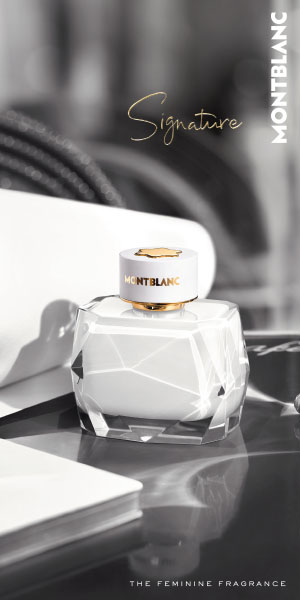“Women are the best leaders, if they are given the chance to lead,” is something that Masindi Netshakhuma firmly believes. A brief glance at her multidisciplinary career proves that she embodies this sentiment.
Born in Itsani village outside Thohoyandou, Limpopo, Netshakhuma developed a love of learning and storytelling at an early age. After matriculating in 2015, she enrolled in the University of Limpopo, where she obtained a bachelor of education.
Netshakhuma’s first English poetry book, Vision and Legacy, was published in 2018, and since then, her poetry has amassed an impressive list of accolades.
Her poem “Lushi” placed fourth in the 2019 AVBOB Poetry Competition and she was shortlisted in the National Library of South Africa Young Voices Poetry Slam. In 2020, her poem “Vhufa Hashu” was selected by the French Institute of South Africa and Impepho Press for inclusion in the anthology, History and Imagining Realities.
Netshakhuma’s proudest achievement is the project Woman, My Breed, in which she published stories about gender-based violence (GBV) by young women writers from Limpopo.
“I come from a very deep rural area where GBV is the norm,” she explains. “When a man raises a hand to his woman, it’s called love. Woman, My Breed is a project implemented to raise awareness of gender-based violence and to give women [a voice in] what they are going through, especially those who feel they cannot talk about the issue.”
The fight against GBV is a thread throughout all the work that Netshakhuma does. “If I had the ability to change one thing for South Africa,” she says, “I’d change the narrative and give young women the power to use their voices against gender-based violence.”
The fact that women still are unable to talk about this issue “because they are not given enough legal protection to speak up when they are being abused, [shows that] it is very important to have such freedom in our country”.
In 2021, Netshakhuma donned yet another title — that of CEO — when she founded her own publishing company, Renof Productions, with the aim to promote literature in the arts and culture industry and to create job opportunities for more up-and-coming talented writers.
Renof Productions was one of the 2021 winners in the Kenya-South Africa Chamber of Business SME competition and was awarded the opportunity to exhibit work to presidents Cyril Ramaphosa and Uhuru Kenyatta.
“I grew up being told my dreams were invalid for a black girl from the villages,” Netshakhuma recalls. But as a testament to her tenacity, these words merely fuelled her fire to succeed and to help others succeed alongside her.
“I never stopped dreaming, nor did I stop pushing those locked doors to be a published author. That’s what motivated me to start a publishing company that has a special focus on women and GBV awareness. The fact that women are still treated inferiorly to men is the reason I push so hard to help women publish their stories.”






























